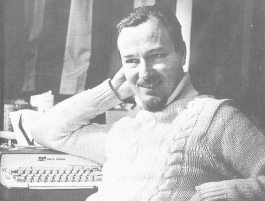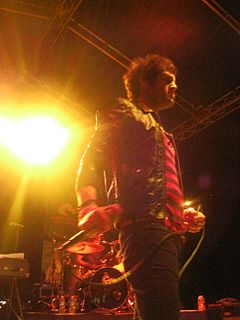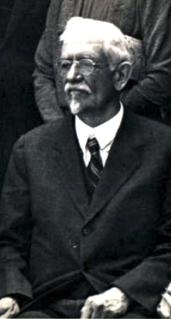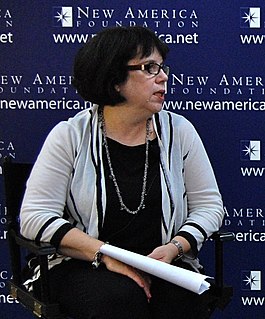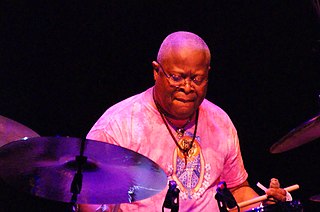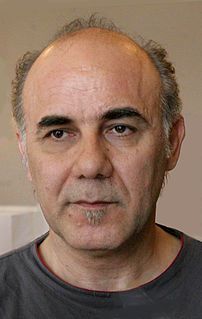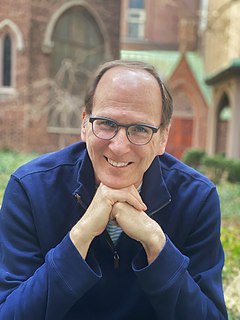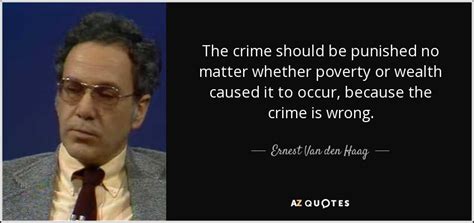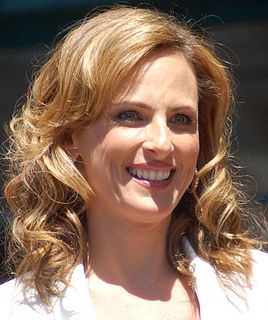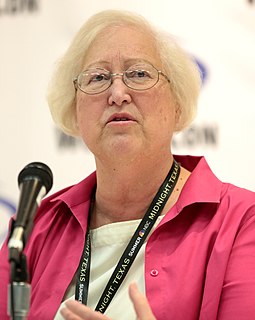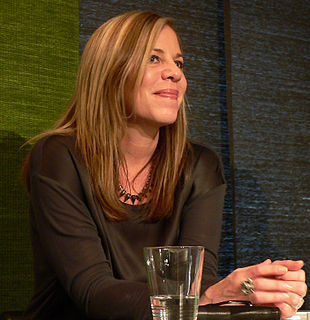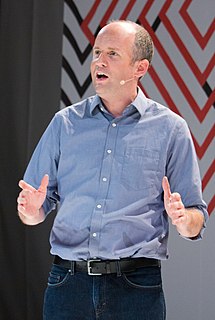Top 484 Einstein Quotes & Sayings - Page 7
Explore popular Einstein quotes.
Last updated on April 20, 2025.
Jenny Offill's Dept. of Speculation resembles no book I've read before. If I tell you that it's funny, and moving, and true; that it's as compact and mysterious as a neutron; that it tells a profound story of love and parenthood while invoking (among others) Keats, Kafka, Einstein, Russian cosmonauts, and advice for the housewife of 1896, will you please simply believe me, and read it?
I believe in logic, the sequence of cause and effect, and in science its only begotten son our law, which was conceived by the ancient Greeks, thrived under Isaac Newton, suffered under Albert Einstein...
That fragment of a 'creed for materialism' which a friend in college had once shown him rose through Donald's confused mind.
Even the great scientists have reported that their creative break-throughs came at a time of mental quietude. The surprising result of a nationwide inquiry among America's most eminent mathematicians, including Einstein, to find out their working methods, was that thinking 'plays only a subordinate part in the brief, decisive phase of the creative act itself'.
The world has changed far more in the past 100 years than in any other century in history. The reason is not political or economic but technological-technologies that flowed directly from advances in basic science. Clearly, no scientist better represents those advances than Albert Einstein: TIME's Person of the Century.
One of the most exciting things about dark energy is that it seems to live at the very nexus of two of our most successful theories of physics: quantum mechanics, which explains the physics of the small, and Einstein's Theory of General Relativity, which explains the physics of the large, including gravity.
Maybe I'm being a bit harsh on philosophers, but they have not been very kind to me... I have been variously called nominalist, an instrumentalist, a positivist, a realist, and several other ists. The technique seems refutation by denigration: If you can attach a label to my approach, you don't have to say what is wrong with it... I am sure that Einstein, Heisenberg and Dirac didn't worry about whether they were realists or instrumentalists.
To be fair, I don't have a lot of clothes and you know, Einstein had the same outfit, five different times because he didn't want to spend energy trying to decide what to wear every day. It's pointless. I have a shirt that I wear when I'm not on stage and then I have a sweaty shirt that is so disgusting it would blow your mind.
I have read various articles on the fourth dimension, the relativity theory of Einstein, and other psychological speculation on the constitution of the universe; and after reading them I feel as Senator Brandegee felt after a celebrated dinner in Washington. "I feel," he said, "as if I had been wandering with Alice in Wonderland and had tea with the Mad Hatter."
Enchanting is not the word that would immediately spring to mind when describing a play that deals with fractal geometry, iterated algorithms, chaos theory and the second law of thermodynamics, but it is a perfect fit for Tom Stoppard's astonishing 1993 play, which is as beautiful as it is brilliant. This is one Stoppard drama that you don't have to be Einstein to understand -- you can feel it as well as think it. (...) Breathtaking, exhilarating and deeply satisfying.
Beyond the Einsteins and Darwins, most scientists don't have chroniclers. Einstein and Darwin were geniuses - that helps. Many scientists do amazing stuff, but it just disappears into footnotes and dusty medical journals. If I were masochistic enough, I could spend the rest of my life rescuing scientists. Most of them aren't natural self-promoters.
I still can't figure out what inspired me to do physics. But since I was nine or ten years old, I wanted to be like [Albert] Einstein. He was my hero. I knew no physicists. I knew no scientists. I had nobody around me. And I went to a convent that didn't even have higher mathematics and physics. I taught myself these subjects in order to get into university.
Working with Adrien Brody was like going to Julliard, but instead of four years, I went for four weeks. He was like the Albert Einstein of professors, it was just the best experience of my life. Adrien was the most influential mentor in my acting career thus far, and even after the movie he continues to mentor me.
You could give Aristotle a tutorial. And you could thrill him to the core of his being. Aristotle was an encyclopedic polymath, an all time intellect. Yet not only can you know more than him about the world, you also can have a deeper understanding of how everything works. Such is the privilege of living after Newton, Darwin, Einstein, Planck, Watson, Crick and their colleagues.
One of the most essential and mundane of human activities - taking care of children - requires high levels of anxious vigilance. ... [Parents] dare not risk assuming that the sudden quiet from the toddlers' room means they are studying with Baby Einstein. Visualize fratricidal stranglings and electric outlets stabbed with forks: this is how we have reproduced our genomes.
When I was in high school, I was in a special math class. I was infatuated with physics, particularly nuclear physics, Einstein, and the Big Bang. I read a lot about black holes. And partly because I'm so lazy I thought you could do all this just by looking at the sky and thinking up universes. It didn't seem like hard work when I was a kid, so I enrolled in this class.
Einstein wrote that insanity is doing the same thing over and over and expecting a different result. That said, is it crazier to repeatedly throw yourself against a window, or to repeatedly open that window, believing the creatures that are throwing themselves against it might come into your house, take a look around, and leave with no hard feelings?
When you look at the calculation, it's amazing that every time you try to prove or disprove time travel, you've pushed Einstein's theory to the very limits where quantum effects must dominate. That's telling us that you really need a theory of everything to resolve this question. And the only candidate is string theory.
One of the most difficult features of direct experience is that it is unfiltered by any theories or expectations. It's hard to observe without imposing a theory to explain what we're seeing, but the trouble with theories, as Einstein said, is that they explain not only what is observed, but what can be observed. We start to build expectations based on our theories.
I discovered Einstein said the same thing about his celebrated theories of relativity that writers say about their work when he said he didn't have any feelings of personal possession of these ideas. Once they were out there, they came from somewhere else. And that's exactly the feeling when you write. You don't feel possessive about it.
Philosopher Bertrand Russell suggested that 'Men are born ignorant, not stupid. They are made stupid by education.' And, it was Albert Einstein who explained, 'Insanity: doing the same thing over and over again and expecting different results.' So which is it - stupidity, ignorance or insanity - that explains the behavior of my fellow Americans who call for greater government involvement in our lives?
Einstein had two new predictions from general relativity. One was that light would bend. That was tested in 1919, and basically, he was proven right. The second prediction was gravitational waves, which took us 100 years to prove. The theory itself, which is thought by most to be rather obscure, you use every day, probably.
You can think as Einstein as much as you want, but when you come in contact with another person as a work unit of some kind, you have to think as one. You have to figure out all the things that you've studied and that your mind is telling you, and then you have to figure out how to make it work as one, or you have a broken down team.
I had lived with my mother in anger and love - I suppose most daughters do - but my children only knew her in one way: As the lady who thought they were smarter than Albert Einstein. As the lady who thought they wrote better than William Shakespeare. As the lady who thought every picture they drew was a Rembrandt.
Looking at numbers as groups of rocks may seem unusual, but actually it's as old as math itself. The word "calculate" reflects that legacy - it comes from the Latin word calculus, meaning a pebble used for counting. To enjoy working with numbers you don't have to be Einstein (German for "one stone"), but it might help to have rocks in your head.
Everything we do understand about the universe - the periodic table of elements, Einstein's laws, Newton's laws, all of chemistry, all of biology - that's 4 percent of the universe. We got to the moon on the 4 percent we do understand. We landed on Mars on the 4 percent we do understand. So the day we crack the nut of the rest of that 95 percent... Oh my gosh.
...the laws of physics, carefully constructed after thousands of years of experimentation, are nothing but the laws of harmony one can write down for strings and membranes. The laws of chemistry are the melodies that one can play on these strings. the universe is a symphony of strings. And the "Mind of God," which Einstein wrote eloquently about, is cosmic music resonating throughout hyperspace.
It was basic research in the photoelectric field-in the photoelectric effect that would one day lead to solar panels. It was basic research in physics that would eventually produce the CAT scan. The calculations of today's GPS satellites are based on the equations that Einstein put to paper more than a century ago.
So it is not an accident that the Nazi lads vent a particular fury against (Einstein). He does truly stand for what they most dislike, the opposite of the blond beast intellectualist, individualist, supernationalist, pacifist, inky, plump... How should they know the glory of the free-ranging intellect and soft objective sympathy to whom money and violence, drink and blood and pomp, mean absolutely nothing?
There is a reward structure in science that is very interesting: Our highest honors go to those who disprove the findings of the most revered among us. So Einstein is revered not just because he made so many fundamental contributions to science, but because he found an imperfection in the fundamental contribution of Isaac Newton.
It is a remarkable fact that the second law of thermodynamics has played in the history of science a fundamental role far beyond its original scope. Suffice it to mention Boltzmann's work on kinetic theory, Planck's discovery of quantum theory or Einstein's theory of spontaneous emission, which were all based on the second law of thermodynamics.
Asked to make a list of the men who have most dominated the thinking of the modern world, many educated people would name Freud, Einstein, Marx and Darwin. Of these four, only Darwin was not Jewish. In a world where Jews are only a tiny percentage of the population, what is the secret of the disproportionate importance the Jews have had in the history of Western culture?
Even Johannes Kepler, Isaac Newton, Charles Darwin, Gregor Mendel, and Albert Einstein made serious mistakes. But the scientific enterprise arranges things so that teamwork prevails: What one of us, even the most brilliant among us, misses, another of us, even someone much less celebrated and capable, may detect and rectify.
There's this very interesting and complicated connection between our environment and our genes and the traits that come out of the environment plus genes. And there's huge potential. I mean we see amazing abilities. Marie Curie, Albert Einstein. All sorts of arts, and literature and so forth. These are not typical traits of everybody on earth.
You know, on the spectrum of religious belief, there is atheism - these are people that don't believe. There's theism - these are the believers and agnostics say it's beyond comprehension that the whole issue of God us unknowable. You might be interested to know that perhaps the greatest mind of the 20th century Einstein, the one time that he actually used one of these appellations was in a letter about five years before he died and he referred to himself as an agnostic.
By the time 1967 had rolled around, general relativity had been relegated to mathematics departments... in most people's minds, it bore no relation to physics. And that was mostly because experiments to prove it were so hard to do - all these effects that Einstein's theory had predicted were infinitesimally small.
I was on a walking tour of Oxford colleges once with a group of bored and unimpressable tourists. They yawned at Balliol's quad, T.E. Lawrence's and Churchill's portraits, and the blackboard Einstein wrote his E=mc2 on. Then the tour guide said, 'And this is the Bridge of Sighs, where Lord Peter proposed (in Latin) to Harriet,' and everyone suddenly came to life and began snapping pictures. Such is the power of books.
...I think the popular view of Science is a solid body of truth, shared by a whole lot of learned men in a room, all agreeing on the answers to the questions of how the Universe works. Whereas nothing could be further from the truth!!! The one truth that I see emerging from the History of Science is that experiment has always surprised theorists. Einstein included!
The action of the child inventing a new game with his playmates; Einstein formulating a theory of relativity; the housewife devising a new sauce for the meat, a young author writing his first novel; all of these are in terms of definition, Creative, and there is no attempt to set them in some order of more or less Creative.
In The 3rd Alternative, Stephen Covey urges us to chart a course beyond the suboptimal solutions to all our crises - beyond left and right, and beyond the many false choices in front of us. The 3rdAlternative is a wise and welcome echo of Einstein's warning that the problems we're facing today cannot be solved by the same level of thinking that created them.
Well, for that matter, I was also a good friend of Leonardo da Vinci, Botticelli, Francis Bacon, Albert Einstein, and John, Paul, George, and Ringo." He pauses, seeing the blank look on my face and groaning when he says, "Christ, Ever, the Beatles!" He shakes his head and laughs. "God, you make me feel old.
What made Leonardo da Vinci, Thomas Edison and Albert Einstein such creative geniuses? It wasn't reading books or watching YouTube talks about How To Be More Creative, that's for sure... If startling insights could be systematically arrived at, they wouldn't be startling. The best you can do is to create a conducive environment: put in the hours; take time to daydream; avoid mind-corroding substances.

